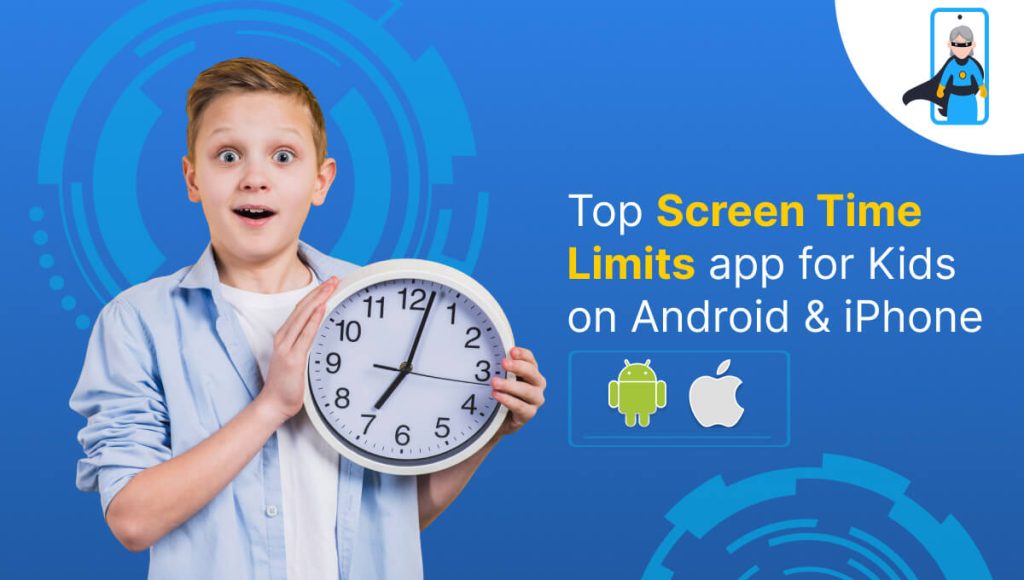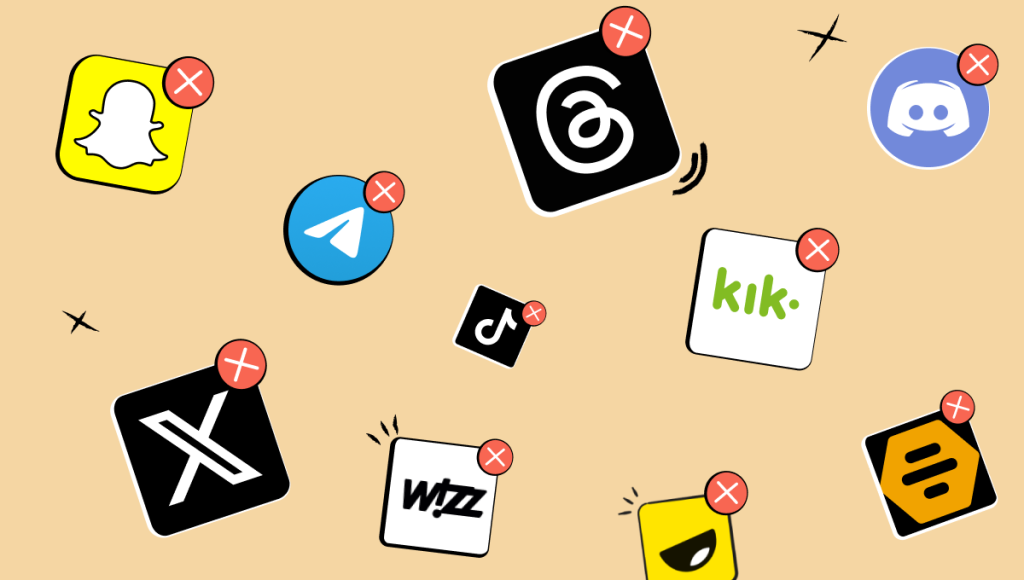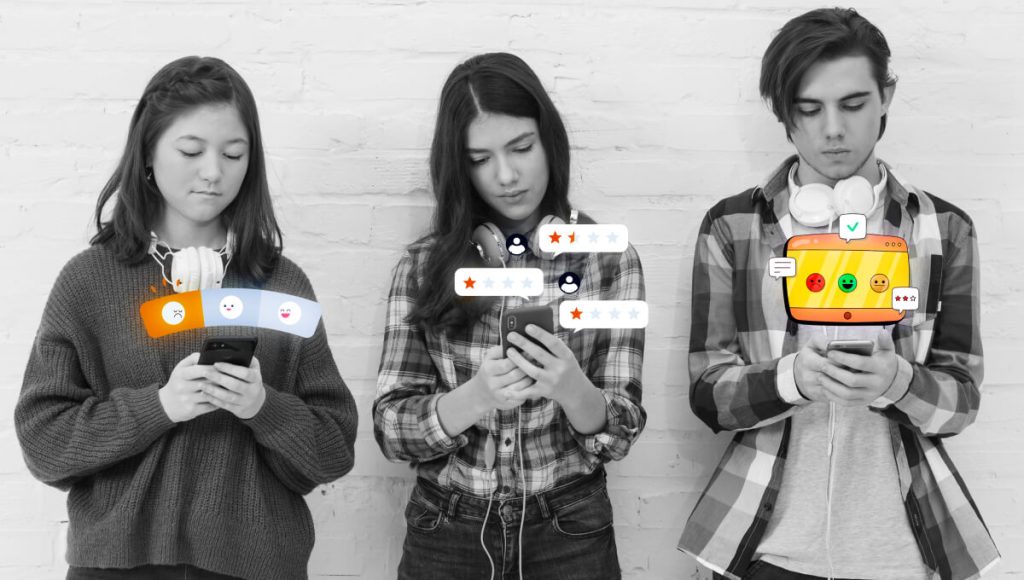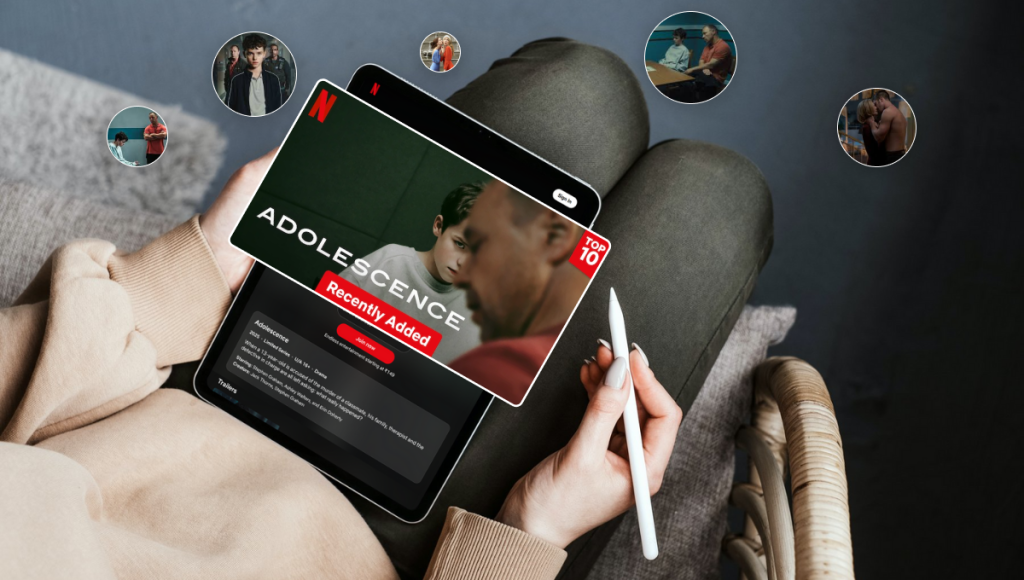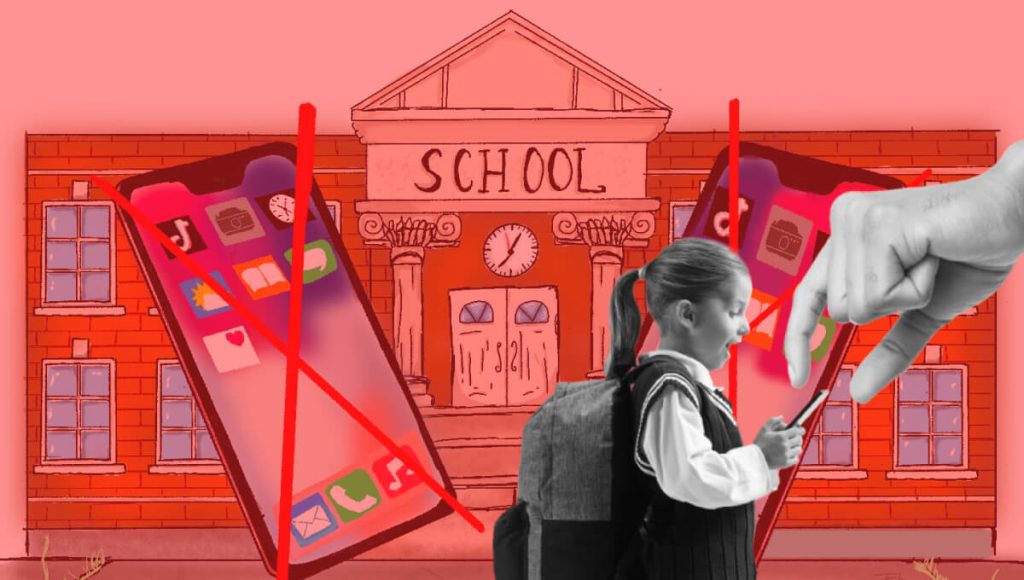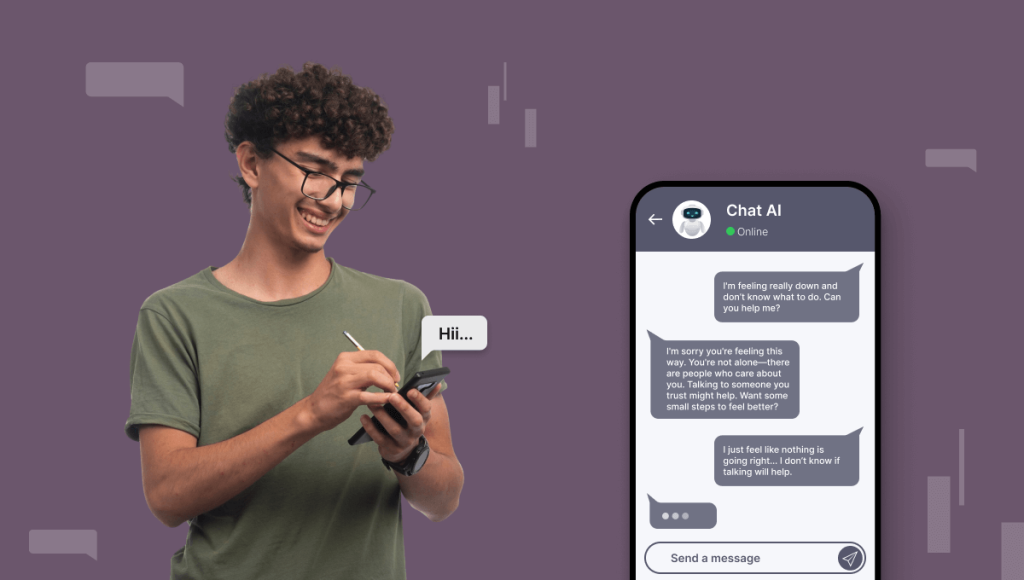
The Rise of AI Chatbots and Their Impact on Children
AI chatbots have become a common part of everyday life. Whether asking Siri a question or chatting with customer service bots, AI-driven conversations are shaping how we interact with technology. However, the rise of conversational AI, like Character AI, has introduced new concerns for parents regarding safety and content exposure.
With over 28 million active users, Character AI (or c.ai) has become one of the most popular AI-powered chatbot platforms. Users can engage in realistic conversations with AI-generated characters customized to their desires or based on renowned real-life personalities – with voice, too!. However, parents must be aware of potential dangers before allowing their children to use the platform.
What is Character AI?
2022 proved to be a pivotal time for AI, as the launches of both Character AI and ChatGPT sparked worldwide interest in generative, conversational AI.Both Character AI and ChatGPT use natural language processing models, but the chatbot platforms have different focuses: ChatGPT tends toward more general, neutral, and informative interactions, while conversations on Character AI are more personalized by having chat partners adopt specific personalities and human quirks.
With Character AI, a user can create characters with customizable personalities and voices or chat with characters published by other users – many of which are based on real-life personas. For example, you can pose your burning philosophical questions to Socrates, or ask William Shakespeare where he got his ideas from.
Why Do People Use Character AI?
Character AI attracts users of all ages by offering realistic, engaging conversations with AI-generated personalities. Many use it for entertainment, role-playing, or social practice, while others see it as a low-stress way to reduce loneliness. Some users, especially those with social anxiety, find comfort in AI chats, as they can interact without judgment. Additionally, AI companions like virtual therapists claim to offer emotional support—though they are not a substitute for professional help. However, concerns have arisen about unhealthy emotional attachments, with some users forming AI relationships that may impact real-world connections and expectations.
Character AI Age Restrictions
According to Character AI’s Terms of Service (ToS), users must be at least 13 years old (16 in the EU) to create an account. However, these age restrictions are based on data privacy laws, not necessarily on safety concerns. Since there is no age verification, younger children can easily bypass the restriction by entering a false birth date.
This raises concerns about children being exposed to inappropriate content, AI-generated misinformation, and unhealthy emotional attachments.
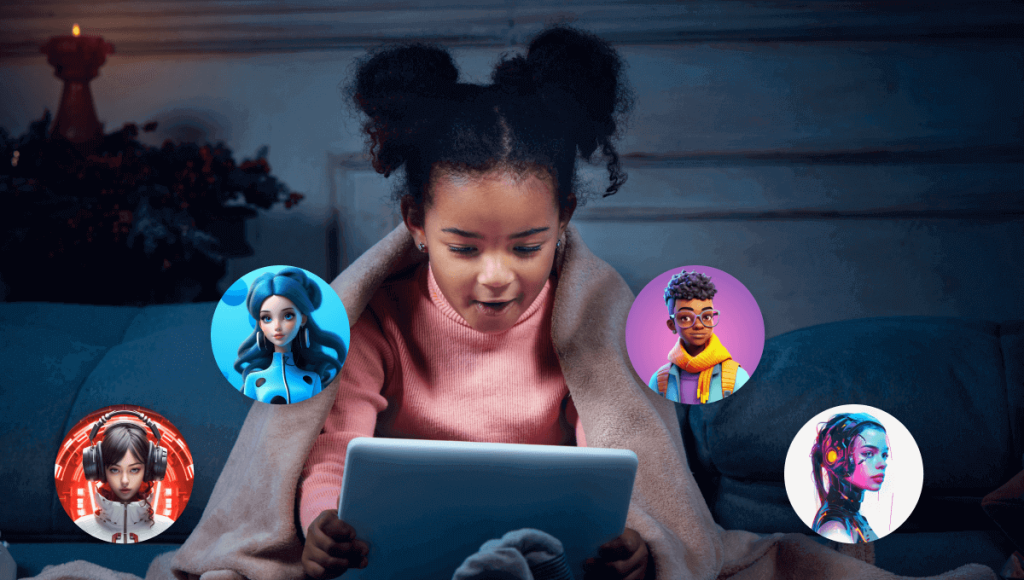
Is Character AI Safe for Kids?
The rapid development and mainstream adoption of AI technology has raised risks and controversies that most of us have never experienced before. In October 2024, Character AI made headlines for the wrong reasons when chatbot versions of a murdered teenager and a teenage girl who died by suicide were found on the platform. The same month saw another such incident. Following these incidents, Character AI introduced new safety features for users under the age of 18.
While Character AI has safety measures in place, it still presents several risks:
1. Inappropriate Content
Character AI has a strict policy against explicit or pornographic content, with an NSFW filter designed to block inappropriate responses. However, loopholes exist, allowing users to encounter sexually suggestive characters and unpredictable AI-generated replies. Beyond this, concerns have risen over AI-generated impersonations, with reports like “Google-Backed Chatbot Platform Caught Hosting AI Impersonations of 14-Year-Old User Who Died by Suicide.” Such incidents highlight the risks of unregulated AI interactions, making parental monitoring and safety measures essential for young users.
2. AI Cyberbullying and Harmful Interactions
Some AI characters are designed to be antagonistic. For instance, users can interact with chatbots modeled as bullies or toxic personalities, which may lead to harmful conversations. Children may experience AI-driven cyberbullying or be exposed to negative influences.
3. Risk of Oversharing Personal Information
Since chatbots are not real individuals, children might inadvertently disclose sensitive information during interactions. Although Character.AI does not share data with other users, private chats are not encrypted. Consequently, this data may be vulnerable to breaches and could, in theory, be accessed by Character.AI staff, posing potential security risks.
4. Emotional attachment to chatbots
One of the biggest concerns is children forming unhealthy attachments to AI chatbots. Many users spend excessive time chatting with their AI companions, often at the expense of real-world relationships. Emotional dependency on AI could hinder social development.
5. Misinformation & AI Bias
Character AI chatbots generate responses based on vast amounts of internet data. This means they can provide misleading or biased information, which children may take as fact. AI is not a reliable source for learning sensitive topics like mental health or historical facts.
Monitor their Screen time, App usage, Screen Scanner, Live location and more with KidsNanny.
How Parents Can Keep Their Kids Safe on Character AI
If you allow your child to use Character AI, take these precautions:
1. Educate Them on AI Limitations
Teach your child that AI chatbots lack emotion and understanding, and therefore, cannot replace real-life, human connections – no matter how friendly they may seem. Help them understand that AI-generated responses are not always accurate or safe.
2. Encourage Real-world Social Interactions
AI chatbots are also useful for practicing social skills and talking through problems, but they cannot replace real-life friendships. Help your child develop offline friendships as well as online friendships, support their group hobbies, and take an interest in their social life. If you feel like your children are getting in the way of building real relationships, you should limit their screen time.
3. Remind them why we protect sensitive information
They are interacting with AI characters, not real people, but like any other online information, sharing personal data (one’s full name, school, or location) can have very real consequences. Make sure they know the risks involved in sharing private information. You can help them have a safe experience on AI chatbots and any other online platform.
4. How to Report Report Inappropriate AI Characters and Content
If you find AI characters promoting harmful content, you can immediately report them by viewing a character or user’s profile, clicking Report, and selecting a reason to report them. Character AI allows users to flag inappropriate content for review.
5. Use parental controls
Character AI and AI chatbots do not have parental controls, and although there is an age restriction of 13 (16 in Europe), there is no age verification in place. By using AI powered parental control solution like KidsNanny, parents can limit screen time on Character AI and similar chatbots, monitor conversations for potential risks, and receive real-time alerts for harmful topics. Parents can also completely block access to the app if needed. Additionally, KidsNanny’s AI-powered Screen Scanner captures screenshots every five minutes, providing extra visibility into their child’s online activity.
Final Thoughts
As AI chatbots become more advanced, parents must stay informed and proactive in ensuring their child’s safety online. Open conversations, monitoring tools, and digital safety education can help create a healthier online experience for young users.
For complete online safety, KidsNanny parental control provides the best solution to monitor and limit AI chatbot usage, ensuring your child’s digital well-being.
